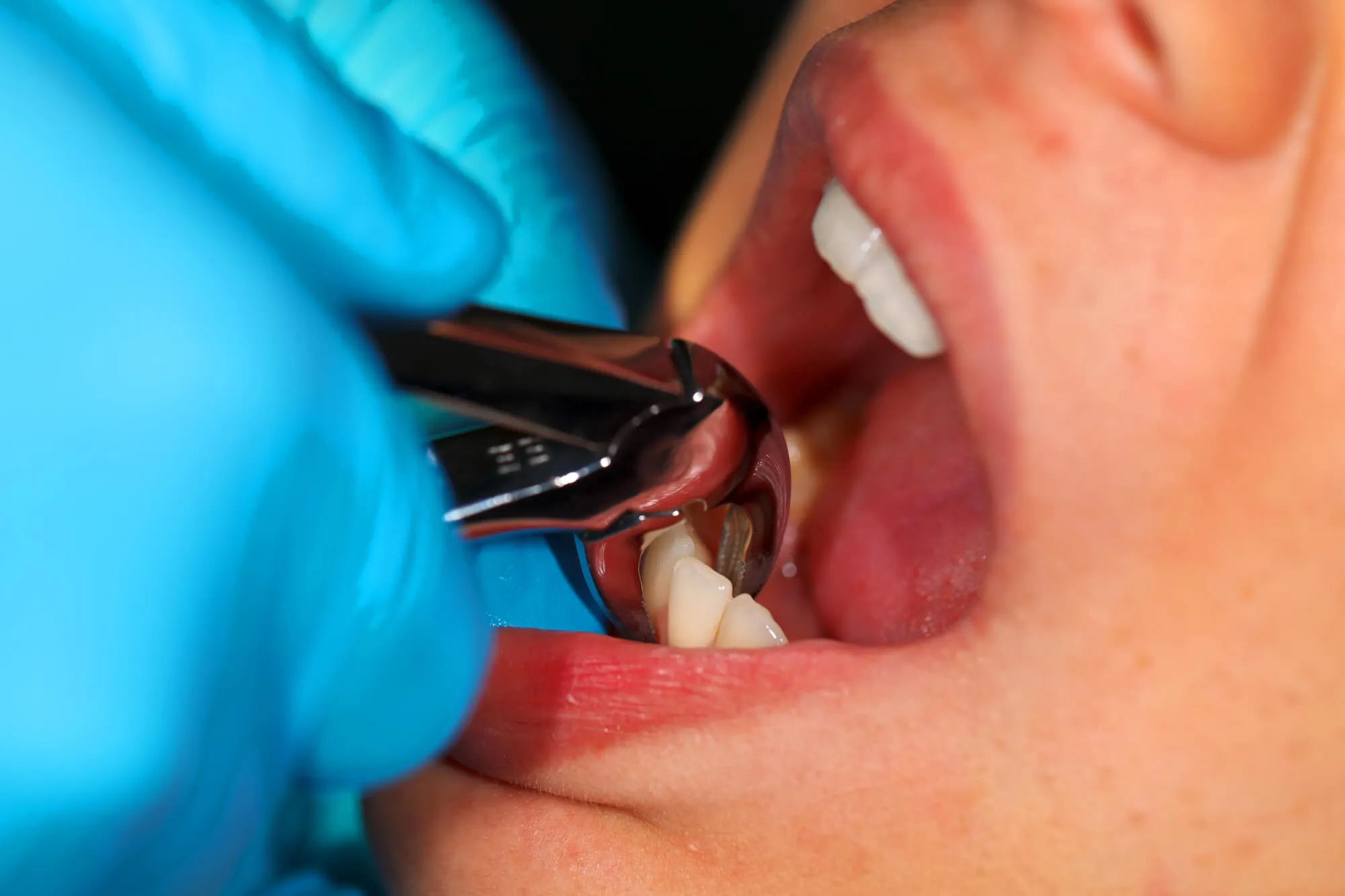
Tooth extractions tend to bring up one big concern: Will it hurt? Whether it’s a decayed tooth, an infection, or wisdom teeth removal, the fear of pain can make anyone hesitate. Fortunately, dental techniques have come a long way. With modern anesthesia and gentle care, discomfort is kept to a minimum. If you're considering extractions in Florence, SC, here’s what you should know about how the process feels and how recovery is managed.

What Does Tooth Extraction Feel Like?
Whether you're having a wisdom tooth removed or need an extraction due to decay or infection, most procedures follow a similar pattern. The key difference today is comfort-focused care.
Numbing the Area Comes First
Before anything starts, your dentist will apply a local anesthetic to numb the area around the tooth. This blocks the pain and helps you stay relaxed. You may still feel pressure or movement, but not sharp pain. If you’re especially anxious, sedation options may also be available.
During the Procedure
Once you're numb, your dentist will gently loosen the tooth using special tools. You might feel pushing or hear cracking sounds, which is normal; it’s the tooth separating from the bone. Surgical extractions may involve a small incision in the gum or sectioning the tooth into smaller pieces for easier removal. Either way, discomfort is kept to a minimum.
After the Extraction
Once the tooth is out, gauze is placed to help form a blood clot. Once the anesthesia wears off, you may have some mild soreness or swelling. Most people manage this easily with over-the-counter pain relief. Ice packs and rest can also help reduce any discomfort over the next day or two.
What Helps Make Recovery Easier?
Healing from a dental extraction is usually straightforward, but how you care for the area afterward makes a difference.
Follow Your Aftercare Instructions
Your dentist will give you step-by-step directions for the hours and days following your procedure. These include how long to keep pressure on the gauze, when to eat, and how to keep the area clean without disrupting healing.
Avoid Dislodging the Clot
The blood clot that forms in the socket protects the bone and nerves underneath. Dislodging it can lead to a painful condition called dry socket. That’s why you’ll be asked to avoid smoking, using straws, or rinsing too forcefully for a few days.
Watch for Normal vs. Abnormal Symptoms
Some swelling, bruising, or mild oozing is common. Call your dentist if the pain worsens after a couple of days or if you notice a bad taste or foul smell from the socket. These could be signs that the clot has been disturbed.
What If You’re Nervous About the Procedure?
Feeling uneasy before a tooth extraction is completely normal, especially if it’s your first or if you’ve had dental anxiety in the past. Clear communication and knowing what to expect can help ease some of that stress.
Don’t hesitate to ask questions or speak up about your concerns. Dentists can adjust the pace of care, walk you through each step, and offer comfort options to help you feel more at ease throughout the process.

Considering Extractions in Florence, SC?
Not every tooth can be saved. In some cases, removing it is the best step toward relieving pain and protecting your oral health. The good news is that modern extractions are far more comfortable than most people expect, and your recovery can be smooth with the right care.
If you’ve been told you need a tooth removed or you're looking for a second opinion, Carolina Smiles Center is here to help. We offer professional, compassionate care for extractions in Florence, SC, with your comfort and long-term health in mind. Contact us today to schedule a consultation.





